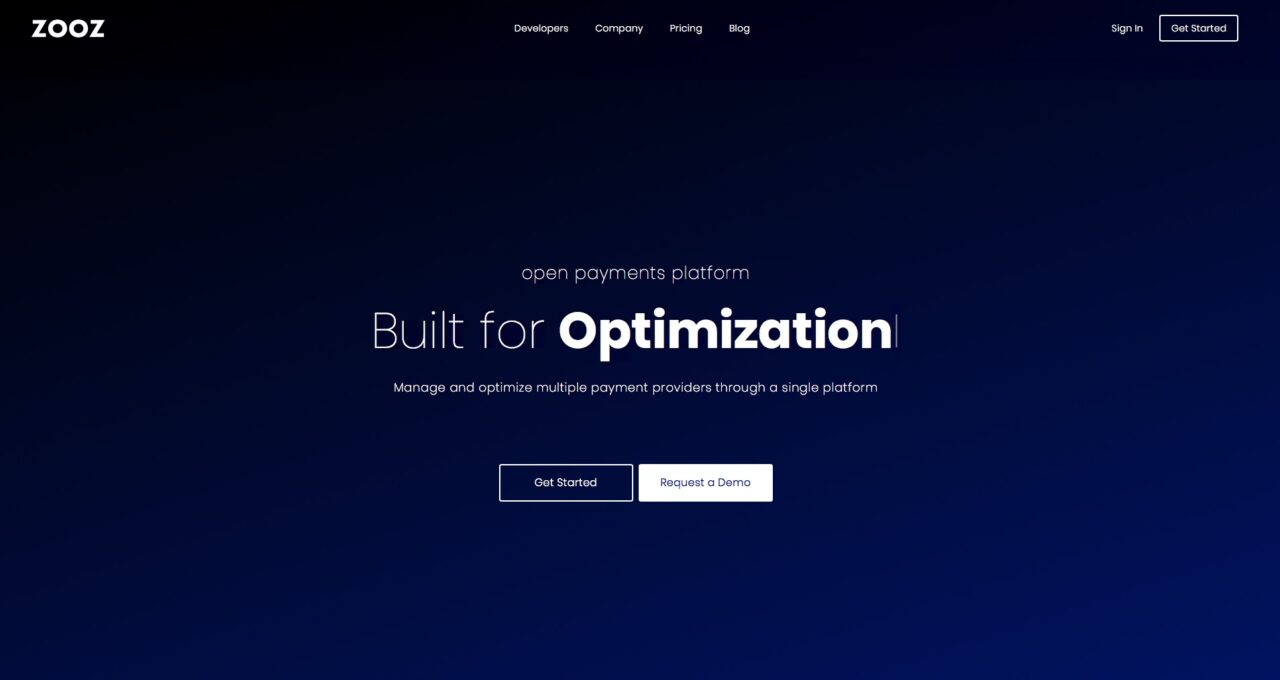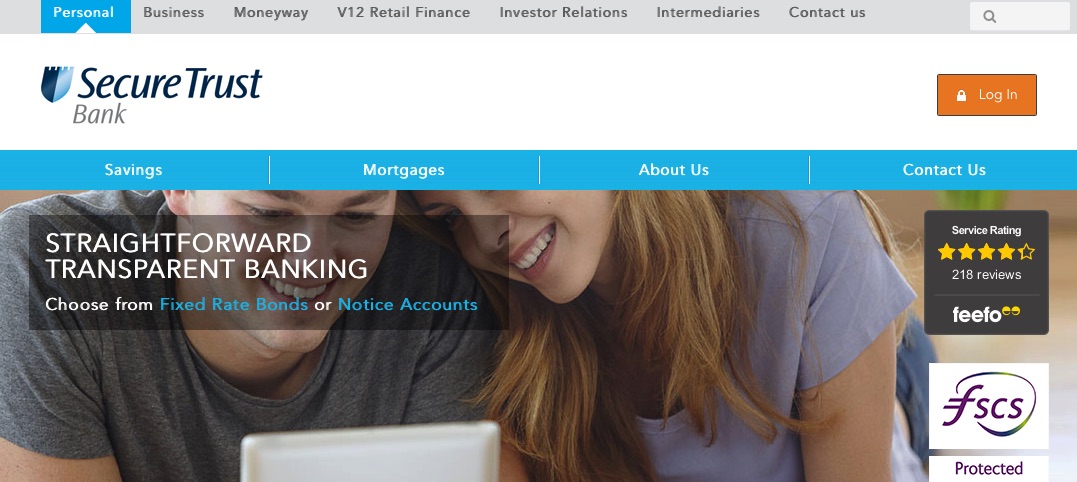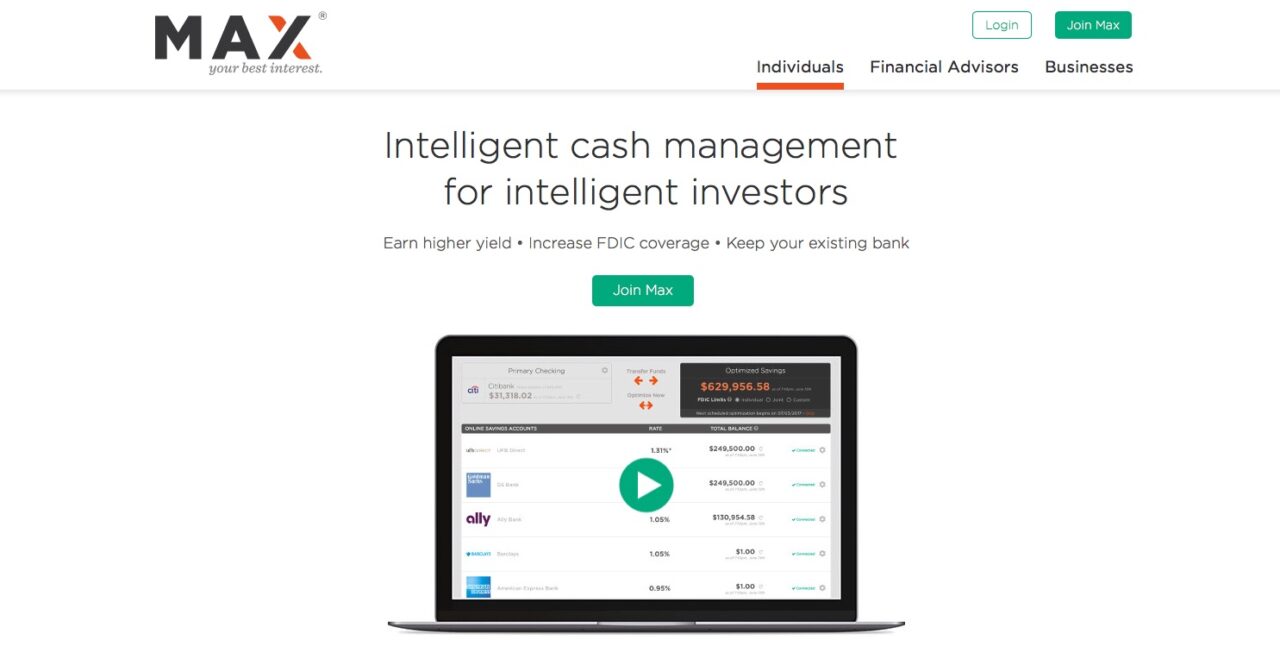A new partnership between financial services risk management solutions provider Feedzai and Credorax is designed to help merchants better protect themselves against fraud.
“Feedzai and Credorax will provide the best solution for merchants that need a powerful risk management and fraud prevention platform to protect their customers in a seamless way,” Feedzai CEO Nuno Sebastiao said. “With Feedzai technology backing Credorax, we are helping to keep payments safe, while ensuring real-time processing – which is especially important in a world where digital means now.”
A technology company founded in 2008 that was among the first to transition into a fully-licensed commercial bank, Credorax credits itself as the first bank designed for e-commerce. A specialist in merchant acquiring, the firm has merchant acquiring banking licenses in 32 countries in Europe.
“Credorax is proud to partner with Feedzai to market AI solutions that better safeguard merchants and their customers,” Credorax CEO Igal Rotem said. “We continue to dedicate significant resources to help solve complex issues and are confident that, working together, we will fuel growth in the digital economy.”
Founded in 2008 and headquartered in San Mateo, California, Feedzai demonstrated its Feedzai Fraud Prevention platform at FinovateEurope 2014. The company’s technology leverages Big Data technology to stop payment fraud in real-time, and uses machine learning models to reduce incidents of false alarms.
In April, Feedzai launched OpenML, an open machine learning engine to help data science teams develop tools to combat fraud. The previous month, the company announced a new head of APAC, Steve Liu, and the opening of a new office in Hong Kong. Feedzai’s platform scores $5 billion in transactions daily, with ten of the largest 25 global banks using the company’s technology.
Named to the Forbes Fintech 50 for the first time earlier this year, Feedzai has raised $82 million in funding. The company includes Data Collective, Sapphire Ventures, Citi Ventures, and Oak HC/FT among its investors.








